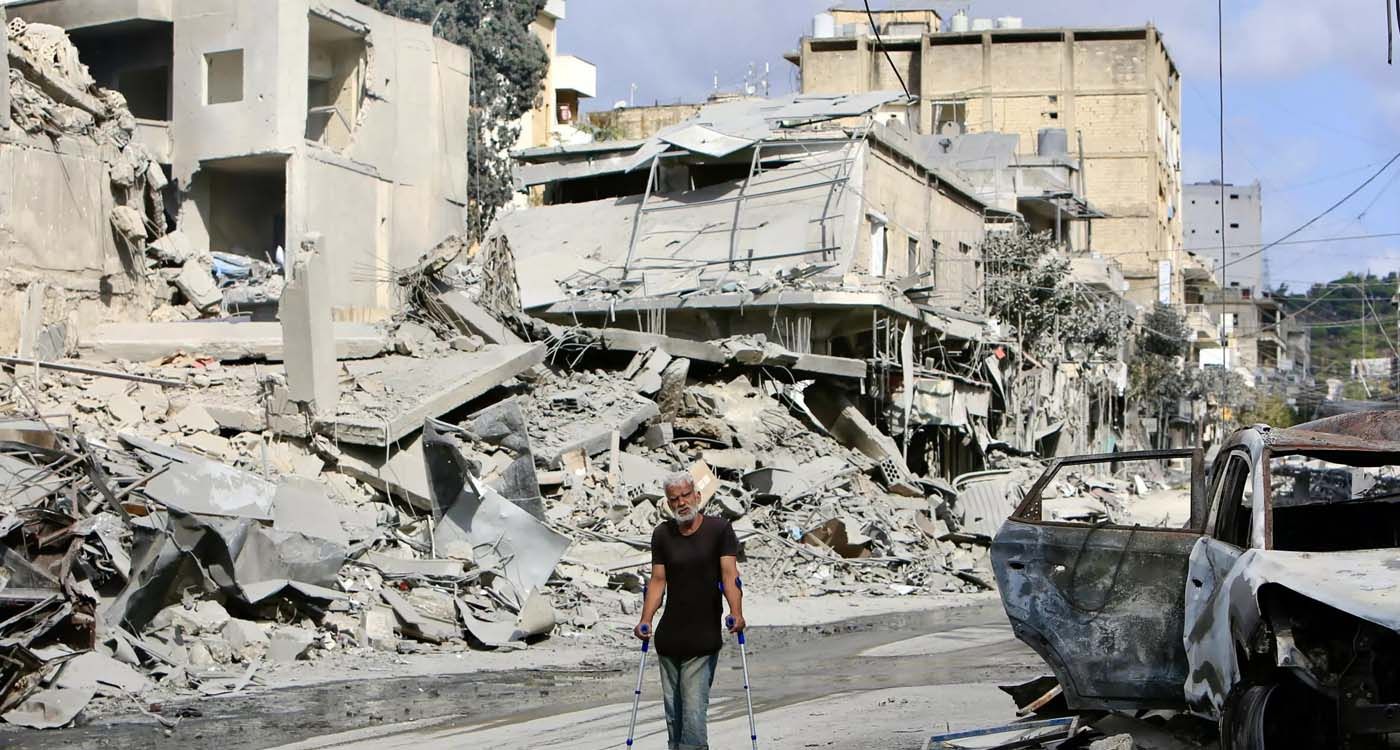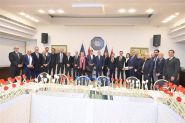
In a scenario similar to the negotiations on Gaza, all of which were dismissed by Israeli Prime Minister Benjamin Netanyahu due to his impossible conditions, Netanyahu has rejected the settlement plan brought by US envoy Amos Hochstein. This proposal, presented by Speaker of the House Nabih Berri, called for a ceasefire and the full implementation of Resolution 1701 without additions. Israel maintained its conditions: a 60-day cessation of "hostile actions," Lebanon’s commitment to fully implement 1701 under international guarantee, and a signed agreement affirming this commitment.
Israel continues its strategy of moving Hezbollah's Iranian arsenal and Palestinian militias' weapons from Lebanon to Syria, to be placed under Bashar Assad’s regime control with Russian supervision, to ensure the security of northern Israel settlers. Political sources indicate that Syria has a role in maintaining stability by preventing arms smuggling into Lebanon.
At the same time, Israel is working to dismantle Hezbollah’s military organization. It is also demanding the right for inspection inside Lebanon to ensure the proper application of the agreement's terms and prevent the entry of illegal arms into southern Lebanon, including reconnaissance flights over Lebanon. Considering these conditions as violations of sovereignty, the US suggested it takes over supervision and monitoring, to which caretaker Prime Minister Najib Mikati responded by requesting France and other nations to be included. Ultimately, an agreement was reached to form an international supervision force comprising US, European, and Arab countries.
In what was seen as bypassing Hezbollah’s mandate for Berri to negotiate, Hezbollah's new Secretary-General, Sheikh Naim Qassem, declared in his first appearance that the group "will continue to resist aggression, accepting any ceasefire terms deemed appropriate, with indirect negotiations slated for any final solution." In response, Netanyahu stated that Israel has not yet met its military objectives to enter indirect talks: “We are working to complete these goals, primarily dismantling Hezbollah’s military structure and maintaining a scorched-earth zone three kilometers deep along the border.”
While awaiting the outcome of the US election on November 5, Israel intensified its military stance, and Iran bolstered its political support for Hezbollah, seeking to strengthen their positions before negotiations with the incoming administration. This coincides with US pressure on Lebanese political forces to elect a president, given that the presidential vacancy entered its third year at the end of October, amidst a severe political, economic, and social crisis threatening the collapse of Lebanon’s state institutions.
"Lebanon's collapse could have negative regional repercussions," warns a Western diplomat. A senior US security official is expected to visit Lebanon soon with a proposed resolution for electing a president based on the Taif Agreement, which, according to a Vatican official, could be Lebanon’s "lifeline." This step would also coincide with a US push for a 60-day truce accepted by all parties, including Israel and Hezbollah, allowing for Resolution 1701’s full implementation. Israel is expected to withdraw its forces from Lebanon a week after the truce announcement. Israel’s broadcasting authority reported last Saturday that the military is close to completing the first phase of its ground operations in southern Lebanon, marking significant achievements, including uncovering Hezbollah’s infrastructure, and discharged thousands of reserve soldiers over the weekend.
On November 5, a new phase begins in the region with a new US administration, regardless of the vote outcome. However, a US official emphasized that Washington’s policy remains consistent, though the approach may vary. Anticipating these changes, Israeli and Iranian officials have been advised through diplomatic channels to de-escalate tensions in preparation for a truce in Lebanon and Gaza. The new administration aims to end the wars in Ukraine and the Middle East. However, according to Western diplomatic sources, no long-term solution can be achieved until Iran’s influence is removed from Arab countries, the ‘Axis of Resistance’ is dismantled, Iran halts exporting its revolution, and the impact of Iranian weaponry is neutralized.
The Quintet countries, including the US, France, Saudi Arabia, Qatar and Egypt, urge the Lebanese political forces to uphold the Taif Agreement and postpone any discussions of its amendment. Implementing Taif would lead to a civil state, ending the era of sectarian quotas and patronage.
Western diplomatic sources suggest that French envoy Jean-Yves Le Drian might visit Lebanon soon to revive the presidential election file, while US envoy Amos Hochstein would return after the US election to work on a 60-day truce. A US official has confirmed that this will be the last war in the Middle East, aiming for a comprehensive, just, and lasting peace, including normalization after Israel's recognition of the two-state solution. During his campaign, Donald Trump stated, "No more wars; I will work to end the wars in Ukraine and the Middle East, leading to normalization with Israel if it recognizes an independent Palestinian state with East Jerusalem as its capital." This proposal is reportedly being quietly discussed among decision-making capitals working toward regional peace.




Comments